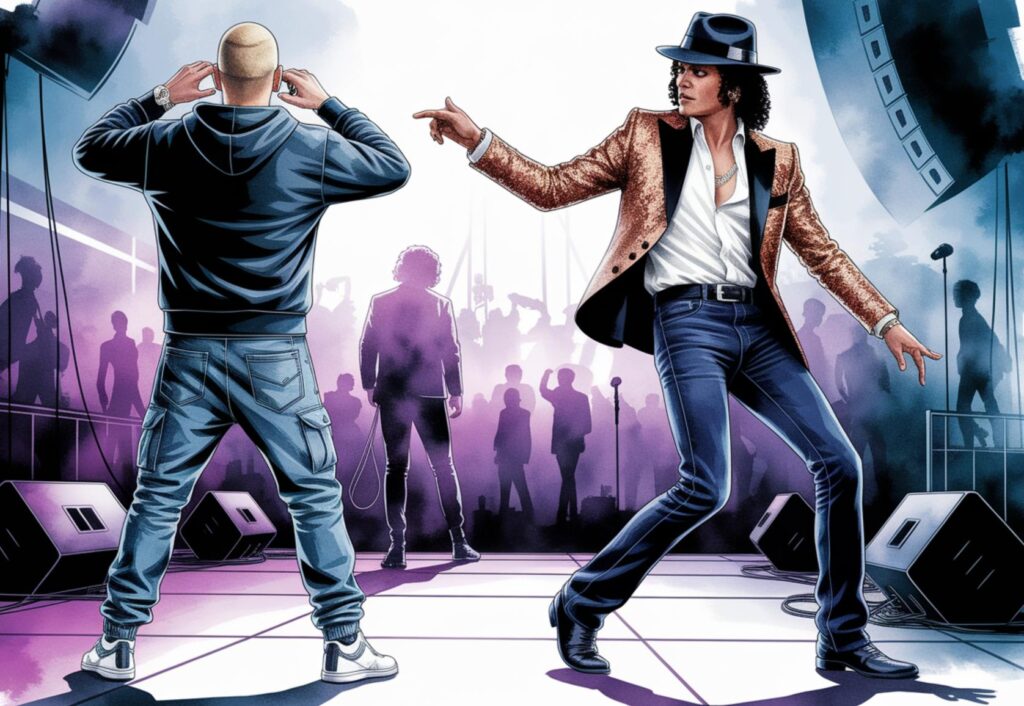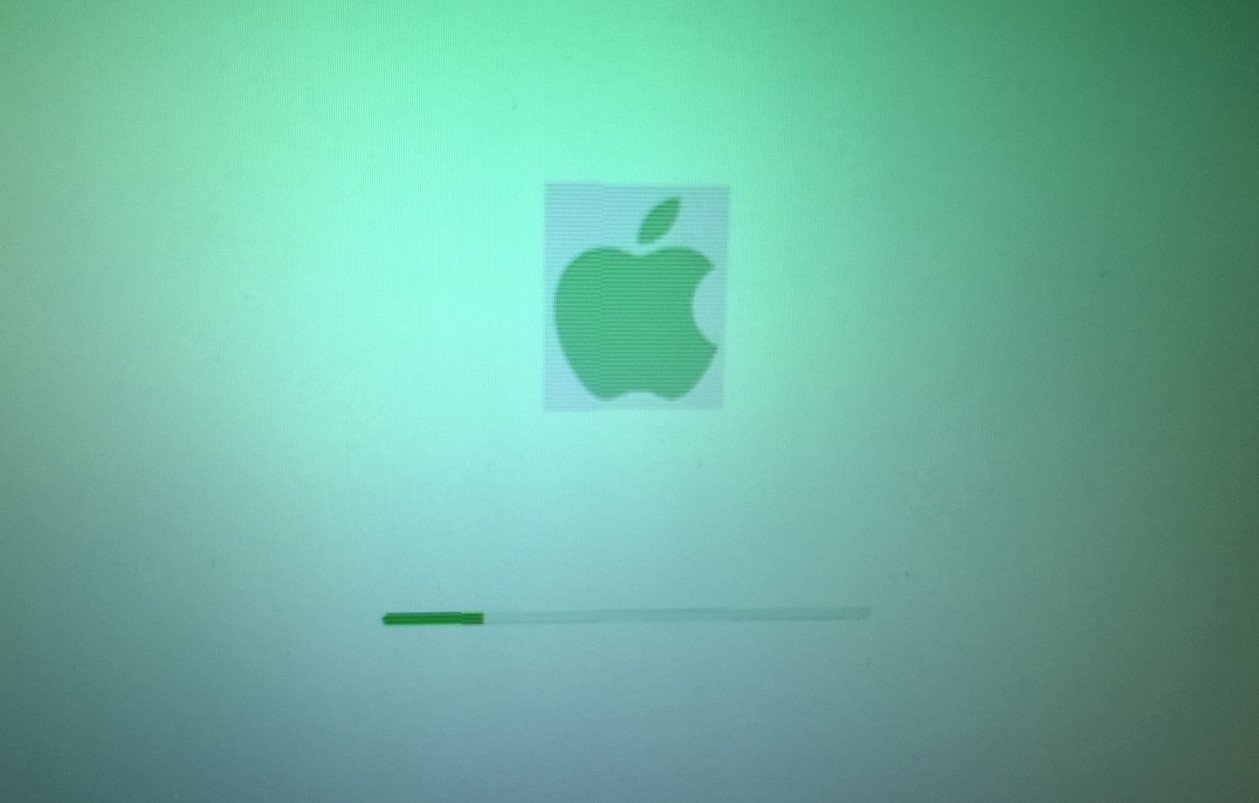Featured
Did Eminem Really Diss Michael Jackson?
Yes, Eminem’s 2004 single “Just Lose It” openly mocked Michael Jackson in both its lyrics and music video, sparking worldwide outrage and a years‑long media firestorm. That one sentence answers the headline, but the full story behind the jab, the backlash, and the surprising aftermath is worth unpacking.
The Song That Sparked the Controversy
When “Just Lose It” rolled out in early October 2004, fans expected another playful club track from Eminem. Instead they got a song that poked fun at Michael Jackson’s child‑molestation accusations, plastic surgery, and the hair‑on‑fire incident from a 1984 Pepsi commercial. The lyrics were direct enough, yet it was the video that drew the biggest gasp. Eminem dressed as Jackson, danced around a children’s bedroom set, and even had his hair set ablaze for comedic effect. MTV and BET placed the clip in heavy rotation during its first week. Within days, major networks were replaying snippets during evening news slots.
Industry insiders quickly noticed the business side of the release. Eminem’s label, Interscope, shipped over 500,000 units to radio in under forty‑eight hours according to Nielsen BDS. The promotional push was impossible to miss and it made the satire feel even more intentional. When Billboard Hot 100 numbers arrived, “Just Lose It” debuted at number sixty‑five and climbed to number six within three weeks, showing that controversy can indeed drive sales.
The backlash was immediate. Jermaine Jackson called the track “disgusting and disrespectful” on CNN while civil rights activist Reverend Al Sharpton demanded a public apology. Even Madonna, who had sparred with Eminem previously, stated on UK radio that the video “crossed a line from parody to cruelty.”

Why So Many People Took Offense
For Michael Jackson’s defenders the skit felt like piling on when the singer was already fighting serious legal battles. The criminal trial over child‑molestation charges was set for January 2005, only three months after the song’s release. Jackson’s lawyer Thomas Mesereau told ABC News that the timing “appeared calculated to damage Michael’s public image right before jury selection.” Emotional attachment also played a role. Jackson was still the world’s best‑selling solo artist, with more than 750 million records sold per the RIAA, and many fans felt Eminem humiliated a cultural icon rather than simply teasing him.
Key reasons the video crossed the line for viewers
- It mocked ongoing criminal allegations, not past events
- Children appeared on set, amplifying the sensitive subject
- The burning‑hair gag recalled a painful real injury, not a harmless goof
- Jackson had settled a lawsuit over similar allegations in 1993, making the subject even rawer
The disparity in public personas made things worse. Eminem built a career on edgy satire while Jackson cultivated a gentle, almost childlike image. That mismatch meant what sounded like typical Eminem mischief to some listeners felt like bullying to others.
Michael Jackson’s Reaction and Public Backlash
Michael Jackson responded through Entertainment Tonight, stating, “I’ve been an artist for over forty years and I have never attacked another fellow artist. Great artists don’t do that.” Radio stations in Los Angeles, Chicago, and Detroit temporarily pulled “Just Lose It” from airplay after callers complained. BET’s chairman Robert Johnson told the Associated Press that the network would stop airing the video by Jackson’s personal request. Within a week, more than forty urban contemporary stations followed suit.
Despite the pullback, digital downloads kept rising. Apple’s iTunes reported “Just Lose It” as the top selling single for two consecutive weeks according to internal charts shared with Macworld magazine. That split between broadcast boycotts and online sales hinted at a shifting music landscape.
Eminem’s Point of View
Eminem insisted the track was pure satire. On MTV’s Total Request Live he said, “I’m just clowning, the same way I did with Madonna, *N Sync, and every other pop star. Nobody gets a free pass.” He also pointed out that Jackson’s own “Black or White” video featured parodies of other celebrities. Nevertheless, he offered no apology. His silence afterward made the feud feel one sided, but it also fit his brand of never backing down.
Interscope executives claimed there was no malicious intent. Jimmy Iovine told Rolling Stone, “Eminem jokes about everyone, sometimes he goes too far, but it’s never personal.” Critics saw that argument as weak, noting that the video used children as props during a period when Jackson’s relationships with minors were under a microscope.
What Happened After the Diss?
The fallout evolved in unexpected ways. In May 2007, Michael Jackson closed a landmark deal that gave him the publishing company Famous Music for ninety million dollars, as reported by the Wall Street Journal. That catalog happened to own rights to every track on “The Eminem Show,” meaning Jackson now profited from Eminem’s past hits.
| Event | Date | Impact |
|---|---|---|
| “Just Lose It” released | Oct 2004 | Song peaks at No. 6 on Billboard Hot 100 |
| Video pulled from BET | Oct 2004 | First major network boycott |
| Jackson trial begins | Jan 2005 | Increased media comparisons to Eminem parody |
| Jackson buys Famous Music | May 2007 | Gains royalties from Eminem’s catalog |
Quick consequences of the diss
- Temporary radio bans on Eminem’s single
- Heightened scrutiny of Eminem’s future lyrics
- Surge in digital sales proving controversy can boost revenue
The irony of Jackson earning money from an artist who mocked him became a favorite anecdote in entertainment news. Billboard estimated Jackson received roughly five million dollars in publishing royalties from Eminem tracks between 2008 and 2010.
Did the Feud Ever Get Resolved?
There was never a formal truce, yet the hostility cooled over time. After Jackson’s death in 2009, Eminem offered a brief statement of respect, calling Jackson “a pioneer” in Vibe magazine. Fans largely viewed that as the closing note. No collaborative projects surfaced posthumously, but litigation never took place either. The episode remains a footnote in both artists’ legacies, serving as a reminder that satire can cut deeper than the satirist expects.
Frequently Asked Questions
Did Michael Jackson sue Eminem over “Just Lose It”?
No lawsuit was filed. Jackson expressed disappointment publicly but chose not to pursue legal action.
Was the song banned worldwide?
Only select networks and radio stations pulled it. Streaming and sales platforms continued to offer the track.
Did Eminem ever apologize?
He never issued a direct apology, though he praised Jackson’s artistry after Jackson’s passing.
How did fans react to the parody?
Jackson supporters felt disrespected while Eminem fans defended it as comedy. Online forums were split almost fifty fifty according to archival posts on VH1’s message boards.
Did Jackson really profit from Eminem’s music?
Yes, owning Famous Music gave him rights to a share of Eminem’s publishing income.
Has Eminem parodied other artists in similar ways?
Yes, including Madonna, Britney Spears, and Moby. None matched the Jackson backlash in scale.
Conclusion
Eminem’s mockery of Michael Jackson turned into one of the most talked‑about pop culture flashpoints of the early 2000s, illustrating how a rap punch‑line can ripple across legal, financial, and fan landscapes. Share this article if it gave you new insight, and drop a comment below with your own take on the clash.

 News11 months ago
News11 months agoTaiwanese Companies Targeted in Phishing Campaign Using Winos 4.0 Malware

 News11 months ago
News11 months agoApple Shuts Down ADP for UK iCloud Users Amid Government Backdoor Demands

 News10 months ago
News10 months agoJustin Baldoni Hits Back at Ryan Reynolds, Calling Him a “Co-Conspirator” in Blake Lively Legal Battle













